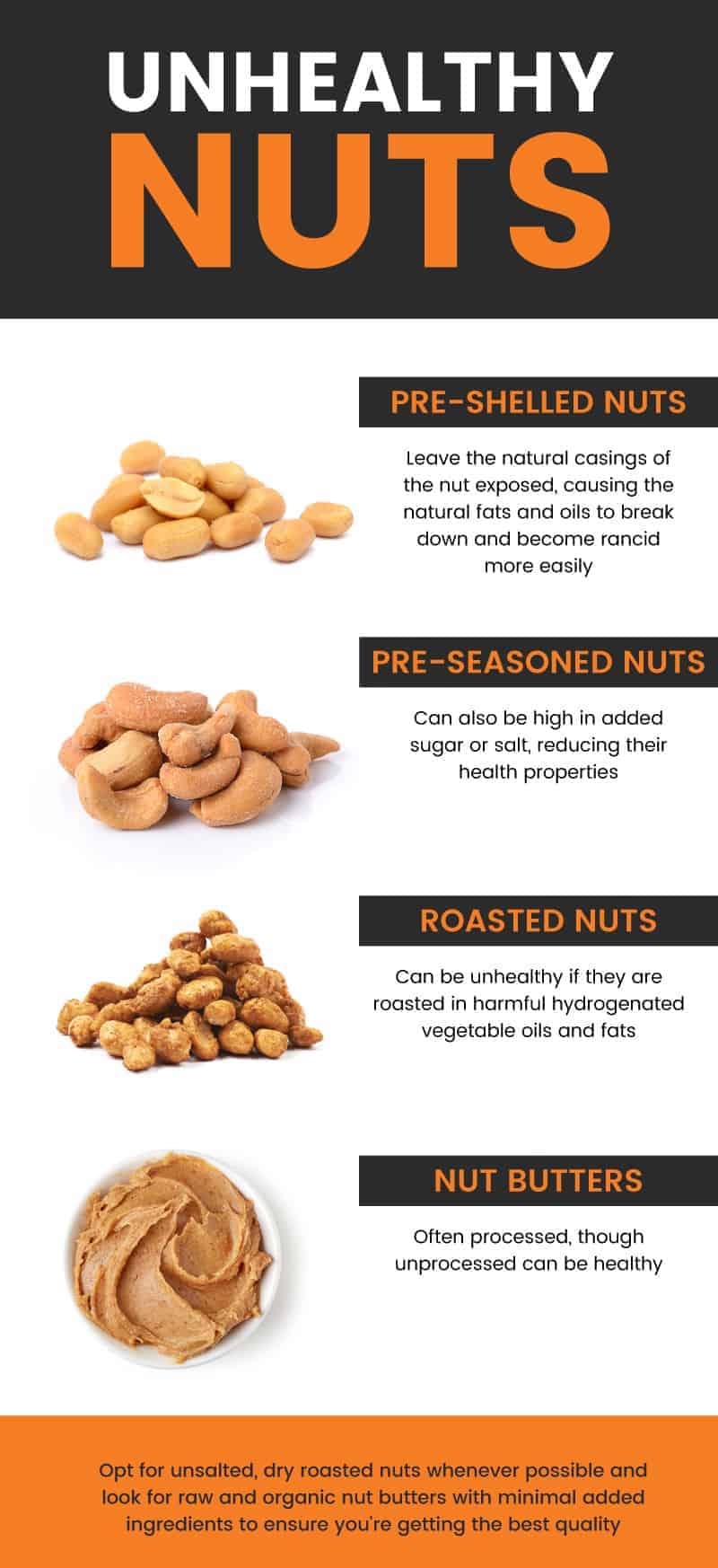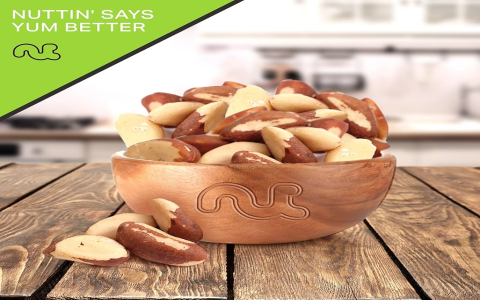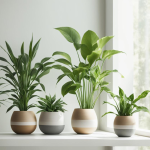Okay, so I’ve been on this huge health kick lately, and part of that is trying to find the absolute best snacks. Nuts are supposed to be great, right? But then you hear about pesticides and all that junk, so I wanted to figure out which nut was the safest bet.
I started by hitting up the internet. I just typed in stuff like “safest nuts no pesticides” and “organic nuts” into the search bar. I spent, like, a solid hour just reading through different websites and blog posts, trying to get a feel for what was out there.

After searching I came up with some new ideas. I learned that some nuts are just naturally more resistant to pests, which is great. Others, not so much.
So, I started by making a list of all the nuts I commonly see in stores. I’m talking almonds, cashews, walnuts, pecans, the usual suspects. Then, I tried to compare how they’re usually grown. Are they heavily sprayed? Do they have a thick shell that protects them?
Digging Deeper Into Growing Practices
This part took a while. I wanted to see which nuts needed more attention from farmers to be safe. I read about some nuts that had thick shells, and others that had thinner shells.
I looked at a bunch of different brands, too. Some were labeled “organic,” some weren’t. I figured the organic ones were probably a safer choice, even if they cost a bit more. Because, I want to avoid chemicals as much as possible.
Making My Choice and Testing It Out
After all that research, I decided to go with some organic nuts with thicker shells. I figured the thick shell would help protect the nut inside. It just felt like the best option, you know?
I’ve been snacking on these nuts for a couple of weeks now, and I feel pretty good about my choice. I don’t have any scientific proof that they’re 100% pesticide-free, but based on what I learned, I think I’m doing the best I can. And that’s all you can really do, right?





















